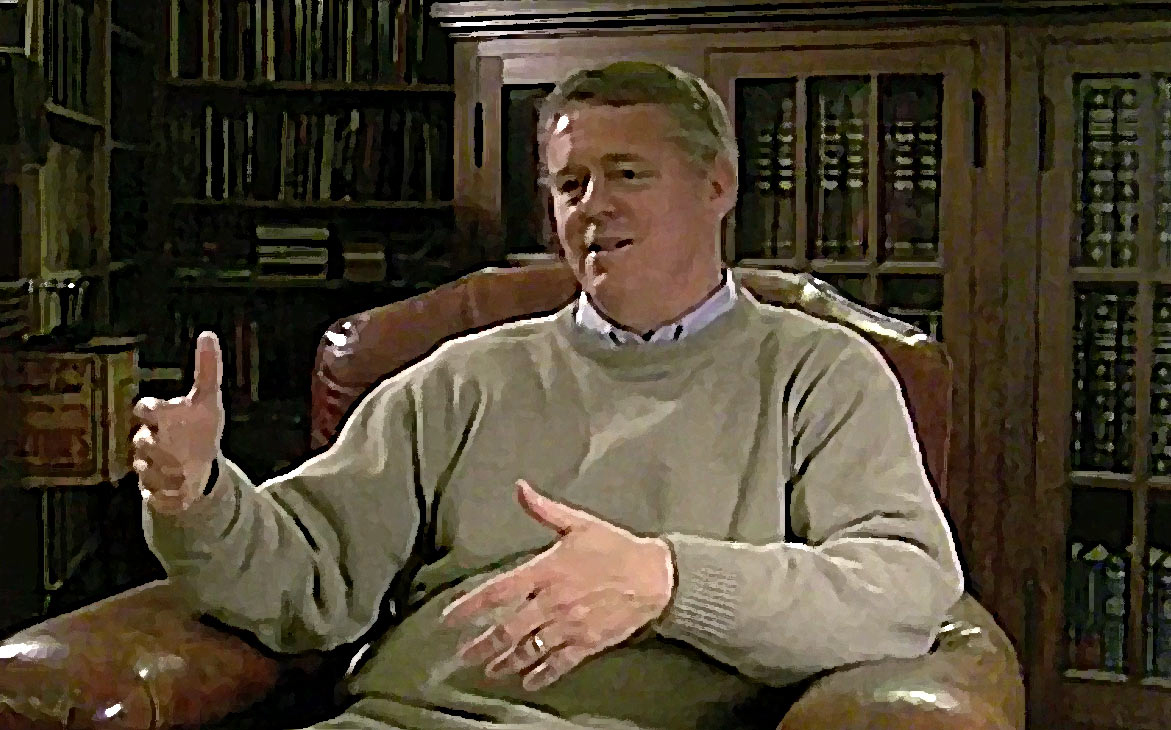The Dodd–Frank Wall Street Reform and Consumer Protection Act was signed into law in 2010 by President Barack Obama. Its supporters said that would increase financial stability and transparency, prevent bailouts, and protect consumers from “abusive practices.”
I’m dubious the new regulatory regime will accomplish any of these goals. What has really happened since passage? An extreme consolidation of financial institutions.
Marshall Lux and Robert Greene, in a new study, show that the long-term trend in which community banks have diminished in number and importance has doubled in severity since Dodd-Frank.
 You don’t have to be a “small-is-beautiful” fetishist to worry about this. The bigger banks remaining are just all that much bigger in the “too big to fail” department.
You don’t have to be a “small-is-beautiful” fetishist to worry about this. The bigger banks remaining are just all that much bigger in the “too big to fail” department.
Greene and Lux explain the mechanisms at play under Dodd-Frank. The regulations are not geared to the size of the regulated institutions, so economies of scale in regulatory compliance arise, bigger than ever.
Todd Zywicki, writing in the Washington Post, makes it clear how these “regulatory costs tend to fall proportionally heavier on smaller banks.” Leading to consolidation.
Just as Zywicki had predicted.
Zywicki, Lux, and Greene are demonstrating an old principle. Economist Ludwig von Mises explained it decades and decades ago. Mises dubbed regulations into market operations “interventionism,” and identified the pattern of such activity as almost an archetype. Interventionists
- see a “problem”;
- propose a “fix”;
- the fix puts us in a worse fix, as unintended consequences multiply;
- politicians and bureaucrats scramble to add an additional fix to the mix.
That is why laws keep piling up. Leading ultimately to calls for more laws.
This is Common Sense. I’m Paul Jacob.
 That minimum wage laws make it harder to gain such experience is a problem raised not by Ellison but by a Cafe Hayek reader, Mike Wilson, who
That minimum wage laws make it harder to gain such experience is a problem raised not by Ellison but by a Cafe Hayek reader, Mike Wilson, who 



